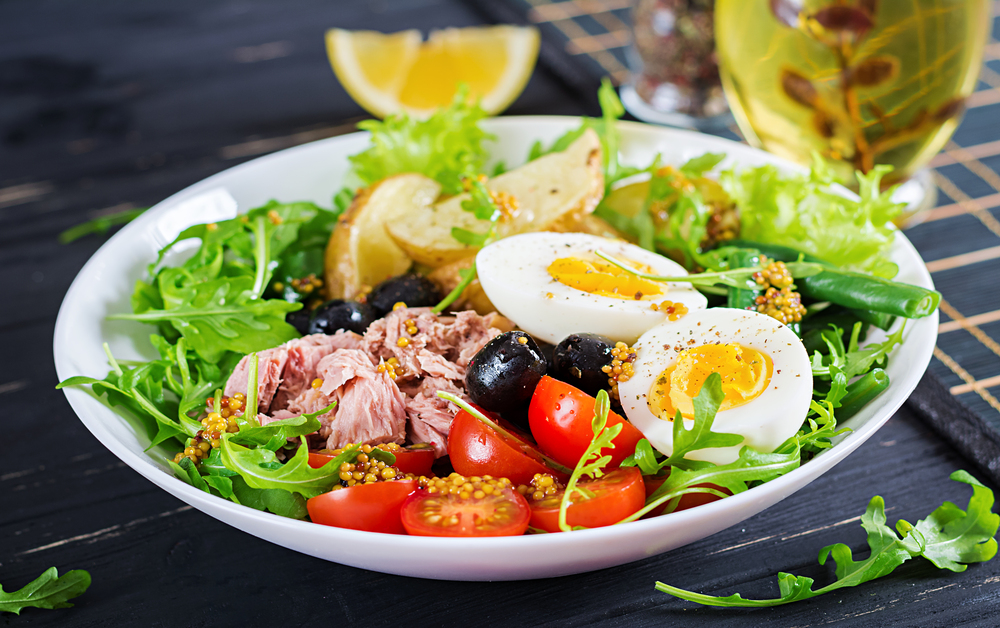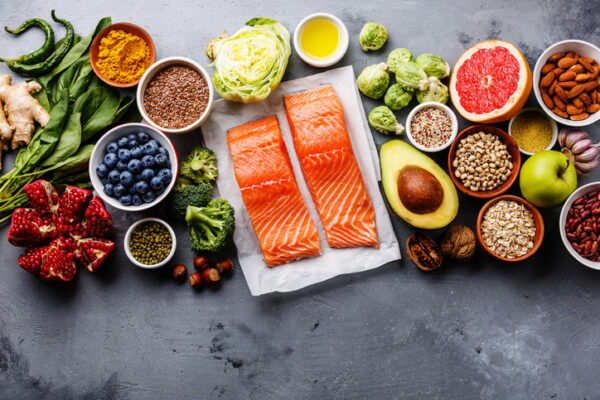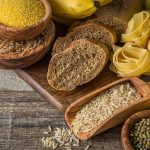Many of us believe that healthy eating and dieting are interchangeable words but they are not. Healthy eating is more of a lifestyle than just a way of eating. There are many ways to incorporate healthy eating habits into our daily dietary routine. You don’t have to let go of your favorite foods. You just have to know a healthy alternative. For instance, use non-stick cookware to cook your meals to reduce the use of cooking oil or having steamed or baked vegetables instead of sauteeing them. This article highlights general and common heart-healthy cooking tips that can easily become part of your everyday routine. These tips will empower you to live a disease-free life.
Heart Healthy Cooking Tips
We all know the general dietary guidelines to reduce the chances of developing heart disease. These include adopting dietary habits such as increasing the daily consumption of fruits and vegetables, reducing salt and sugars, limiting the intake of processed foods, and increasing physical activity. Some general healthy cooking tips that are easy to adapt are mentioned below. These can help you lower your risk of heart disease or help you to manage it.
Healthy cooking
- Stir-fry or steam your vegetables or if you want you can bake them. These ways help retain the nutrients of vegetables. Whereas, cooking vegetables for a long time leads to loss of color as well as nutrients.
- To reduce calories and saturated fat in baked goods, replace oil and butter with applesauce, avocados, or bananas. Tips and techniques can easily be searched for.
- The healthy ways to cook your lean chicken/meat are by baking, steaming, grilling, roasting, broiling, or boiling. Do not deep fry or shallow fry meat as this increases the number of bad fats in the diet.
- The DASH Diet recommends 4-5 servings of vegetables per day and 4-5 servings of fruit per day.
Opt for Healthy Substitutes
- When baking cakes, brownies, cupcakes, or bread opt for multi-grain flour or almond flour instead of all-purpose-four. Plenty of substitute options for all-purpose flour is available on the internet.
- Instead of using whole-fat yogurt or heavy cream, go for low-fat yogurt or plain fat-free yogurt. When buying yogurt, read the label because flavored yogurts and fruit-containing yogurts are packed with sugar or artificial sweeteners that have adverse effects on your health.
- Replace high-fat cheeses with low-fat cheese options such as reduced-fat feta or cottage cheese.
- Nuts contain heart-healthy monounsaturated and polyunsaturated fats along with fiber. Replace unhealthy snacks with a handful of nuts. These are nutritious and have high calories. So consume them in moderation.
Choose Homemade Food and Sauces
- Use homemade sauces instead of market-bought ones. Prepared sauces and seasonings have high salt content which increases the risk of hypertension and CVDs.
- Instead of using canned fruits and vegetables, use natural and organic sources. Canned fruits and vegetables use preservatives that are harmful to your health.
- A smoothie is an easy way to get nutrients into your body. One cup of smoothie in a day can cover 1-2 servings of fruits and vegetables each. You can add yogurt or milk to the mixture to enhance the nutritional profile. Smoothie is easy to make, refreshing, and healthy. They can be a substitute for meals because of their high caloric content.
Limit Salt, Sugar, and Saturated Fat in Diet
- Limit the usage of salt. Use those spices, condiments, and seasonings that are potassium chloride-free.
- Reduce the use of sugars while preparing food. Add vanilla, cinnamon, or fresh fruit as a sweetener. 6 tsp or less sugar is recommended for women while 9 tsp or less is recommended for men.
- Cut back on processed meats high in saturated fat, such as red meat, packages, or frozen meat items.
- Instead of salt, season foods with herbs, spices, garlic, onions, peppers, and lemon or lime juice to add flavor.
Bottom Line
These were some Heart-healthy cooking tips that you should know if you or your loved one is suffering from heart disease. Cardiovascular diseases are one of the leading causes of death globally. Developing countries have been taking measures to prevent this but Pakistan being an under-developed country still needs to go a long way. According to WHO (World Health Organization), cardiovascular diseases account for 29% of deaths in Pakistan. The most notable among the cardiovascular diseases are coronary heart disease, commonly known as a heart attack. The risk factors include an unhealthy diet, physical inactivity, and smoking.










